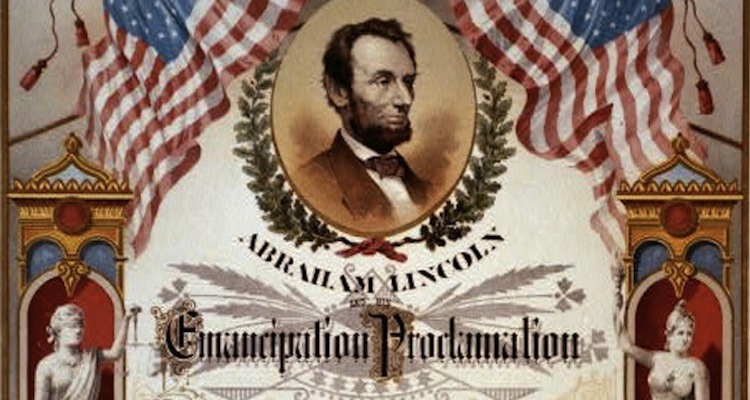Did Lincoln sign the Emancipation Proclamation because France was about to support the South?
Thank you.
—RP
? ? ?
Dear RP,
Abraham Lincoln’s decision to issue the Emancipation Proclamation in January 1863 after the tactically unsatisfying victory at Antietam was intended to bring the issue of slavery to the fore and add a moral element to the Union cause. In so doing it was also meant to challenge the morality of both Britain and France, both of which had banned slavery, toward any thoughts they may have entertained of recognizing the Confederate government. However vital recognition was to Richmond, however, even that would not have necessarily meant material support. In the case of France, opinion was divided between its nobility and its republicans over the politics and principles of the war—its chief concern (as with Britain) centered over the unavailability of Southern cotton for its textile industry.
Confederate diplomat John Slidell had not been accepted as an ambassador in Paris, but he did go so far as to propose to ship raw cotton to France if Emperor Napoleon III would recognize Richmond and provide warships to break the Union blockade. The fall of New Orleans to Union forces in April 1862, however, evaporated any French thoughts of entertaining Slidell’s proposal. Britain, too, had thought the better of committing itself to the southern cause. The Emancipation Proclamation simply gave both powers an added reminder that staying out of the American conflict would, in the long run, be the healthiest decision.
Sincerely,

Jon Guttman
Research Director
World History
www.historynet.com
More Questions at Ask Mr. History
Don’t miss the next Ask Mr. History question! To receive notification whenever any new item is published on HistoryNet, just scroll down the column on the right and sign up for our RSS feed.





